Interactive Map: U.S. Cities Acting Now to Reduce Water Risk from Climate Change
A report from the Natural Resources Defense Council describes water threats and adaptations in a dozen American cities.
Whether it is rising sea levels, water supply shortages, or floods, many of the nation’s cities are likely to feel the burden of a warming climate through a devastating absence or an overwhelming surplus of water, according to a new report from the Natural Resources Defense Council (NRDC). The report looks at the water-related threats to a dozen American cities and describes what those cities are doing to adapt.
While national governments dither on climate change, cities — the economic nodes and population centers that will bear the financial and social brunt of climatic shifts — have been more active. In the six years since the U.S. Conference of Mayors put forward a proposal to reduce greenhouse gas emissions at the local level, more than 1,000 mayors, representing a population of 88 million people, have signed the agreement.
C40, a global network, is doing the same work among the world’s largest cities.
The group of 12 cities in the NRDC report is as diverse in geography (Homer, Alaska, to Miami, Florida) as it is in climate (sunny Phoenix, Arizona, to rainy Seattle, Washington) and population (Homer, again, and New York City). Summarized in the interactive Google Fusion Table map below, the report looks at where the future of these cities might be headed and what is being done to avoid water-related climate problems. Click on a city to see the potential threats and solutions.
View U.S. Cities and Climate Change in a larger map. Map © Brett Walton / Circle of Blue
Source: Mayors Climate Protection Center, National Resources Defense Council
Brett writes about agriculture, energy, infrastructure, and the politics and economics of water in the United States. He also writes the Federal Water Tap, Circle of Blue’s weekly digest of U.S. government water news. He is the winner of two Society of Environmental Journalists reporting awards, one of the top honors in American environmental journalism: first place for explanatory reporting for a series on septic system pollution in the United States(2016) and third place for beat reporting in a small market (2014). He received the Sierra Club’s Distinguished Service Award in 2018. Brett lives in Seattle, where he hikes the mountains and bakes pies. Contact Brett Walton

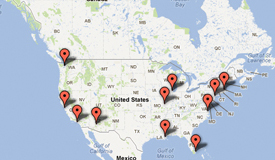


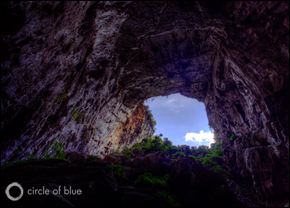
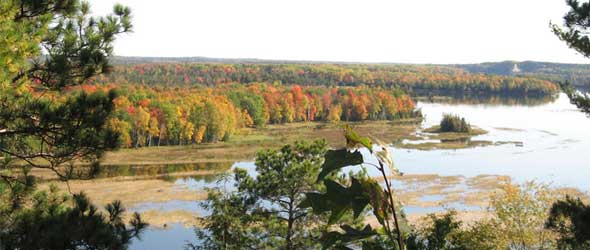
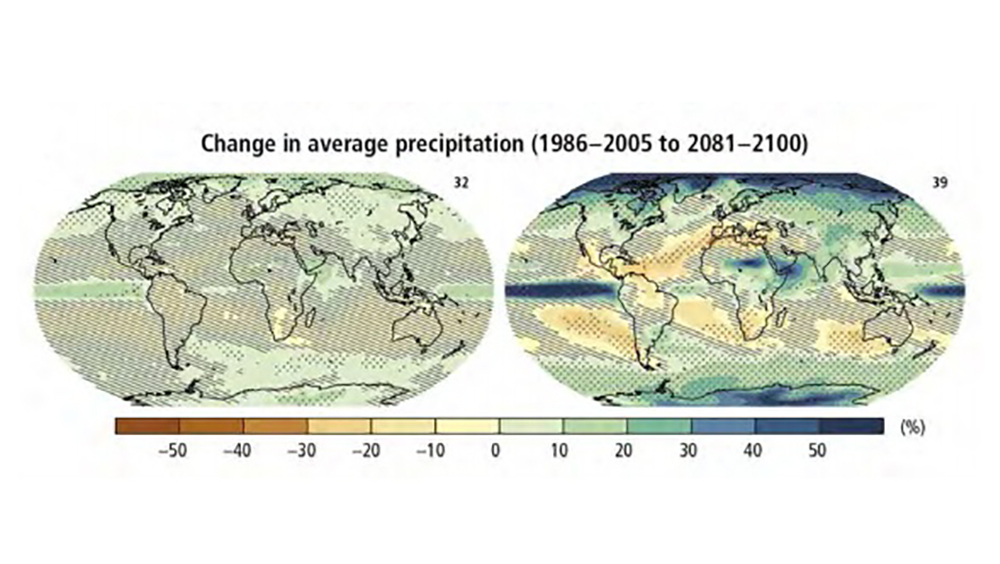
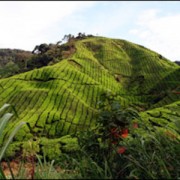
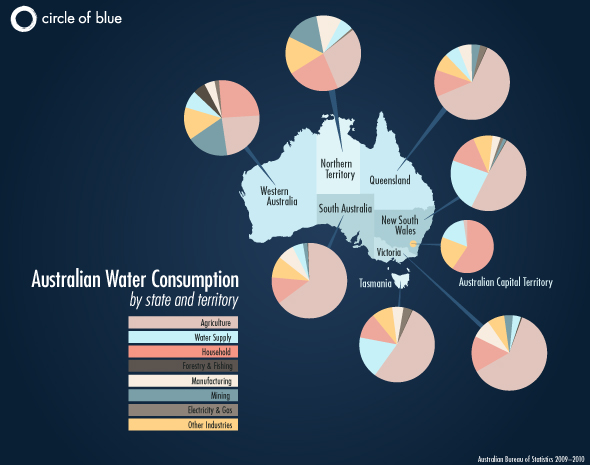



Leave a Reply
Want to join the discussion?Feel free to contribute!